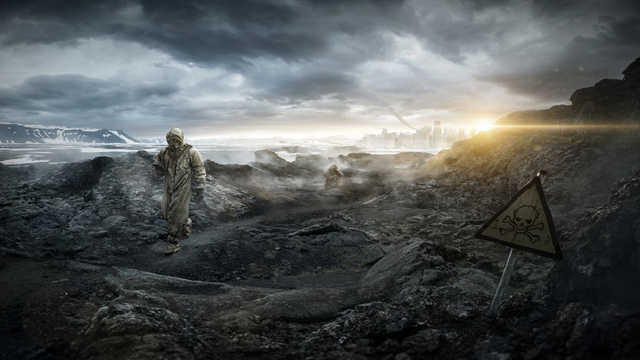The melting of ancient permafrost due to climate change may pose a new threat to humans, according to scientists who revived a virus buried in the ice for over 48,000 years. The permafrost, frozen ground for more than two consecutive years, covers approximately 30 million square kilometers of the planet, about half of it in the Arctic. Studies suggest the loss of about 4 million square kilometers of permafrost by 2100 due to climate change.

A new study conducted by researchers from Russia, Germany, and France examined samples from the permafrost in Siberia, Russia. They revived and identified 13 newly discovered disease-causing viruses, naming them "zombie viruses." The team found that these viruses remained infectious despite spending thousands of years trapped in frozen soil.
The researchers stated that the biological risk arising from reviving the studied viruses is "extremely small" due to the nature of the targeted strains, which mostly affect amoeba microbes. However, they emphasized that the possibility of climate change reviving a virus that could impact animals or humans represents a much more significant problem. In an article published in the journal "bioRxiv," they mentioned, "Ancient permafrost may release dangerous viruses when thawing, and this risk is increasing daily due to global warming." They added that the duration during which these viruses remain infectious when exposed to external conditions and the likelihood of their success remains unknown factors.
@sheeme
Improve your post quality so that you can be considered better and well rewarded white please keep commenting on other posts.
Downvoting a post can decrease pending rewards and make it less visible. Common reasons:
Submit